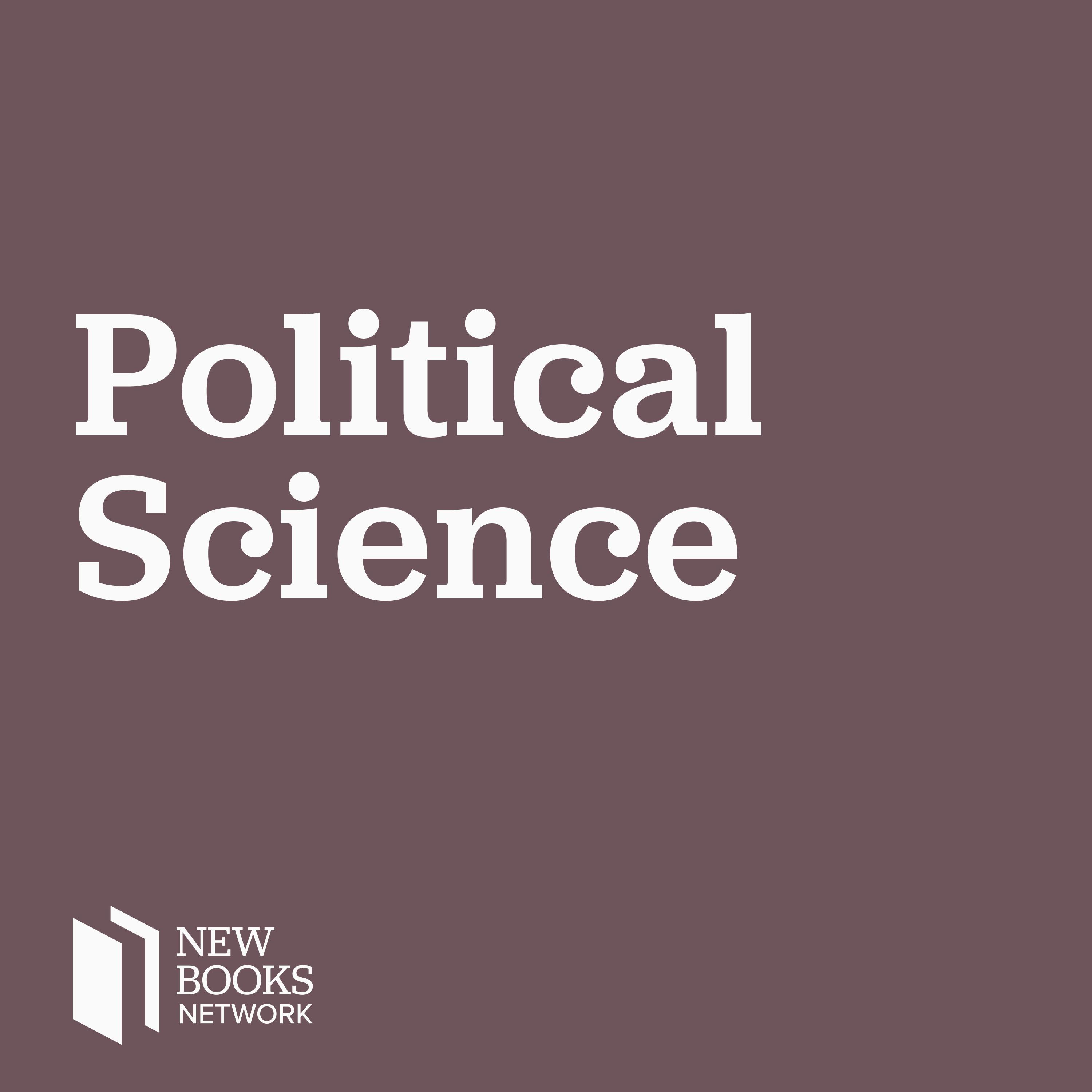Plutarch as Philosopher and Political Thinker: A Conversation with Hugh Liebert
Description
Plutarch is one of history's most influential authors: his insights were foundational to thinkers ranging from William Shakespeare to Alexander Hamilton, Nietzsche to Montesquieu. Yet, today his writings have fallen out of favor, in part because the genre he pioneered, biography, has fallen out of favor within academia, though it retains popularity among the general public. West Point political scientist Hugh Liebert delves into Plutarch's thought, revealing that Plutarch had profound philosophical insights despite his reputation as a historian. Along the way, he illustrates areas where Plutarch's thought might seem foreign to us versus those where his insights are evergreen, and makes the case for the continued importance of the biographical genre.
Hugh Liebert is Professor of Political Science in the Department of Social Sciences at the United States Military Academy in West Point, New York. There, he serves as Director of the West Point Graduate Scholarship Program and Co-Director of the American Foundations minor. He is the author or editor of seven books, including Plutarch’s Politics (Cambridge University Press, 2016), recipient of the Delba Winthrop Award for Excellence in Political Science, and Gibbon’s Christianity (Penn State University Press, 2022). He is currently at 2023-24 Visiting Fellow here at the James Madison Program.
Contributions to and/or sponsorship of any event does not constitute departmental or institutional endorsement of the specific program, speakers or views presented.
Annika Nordquist is the Communications Coordinator of Princeton University’s James Madison Program in American Ideals and Institutions and host of the Program’s podcast, Madison’s Notes.
Learn more about your ad choices. Visit megaphone.fm/adchoices
Support our show by becoming a premium member! https://newbooksnetwork.supportingcast.fm/political-science
More Episodes
Nationalism has long been a normatively and empirically contested concept, associated with democratic revolutions and public goods provision, but also with xenophobia, genocide, and wars. Moving beyond facile distinctions between 'good' and 'bad' nationalisms, Varieties of Nationalism:...
Published 05/04/24
This week, RBI Director John Torpey speaks with Amos Goldberg, Professor of Holocaust History at the Department of Jewish History and Contemporary Jewry at the Hebrew University of Jerusalem, about the ongoing war between Israel and Hamas. Among other rhetorical aspects of the conflict, Goldberg...
Published 05/01/24
When we think of censorship, our minds might turn to state agencies exercising power to silence dissent. However, contemporary concerns about censorship arise in contexts where non-state actors suppress expression and communication. There are subtle and not-so-subtle forms of interference that...
Published 05/01/24


